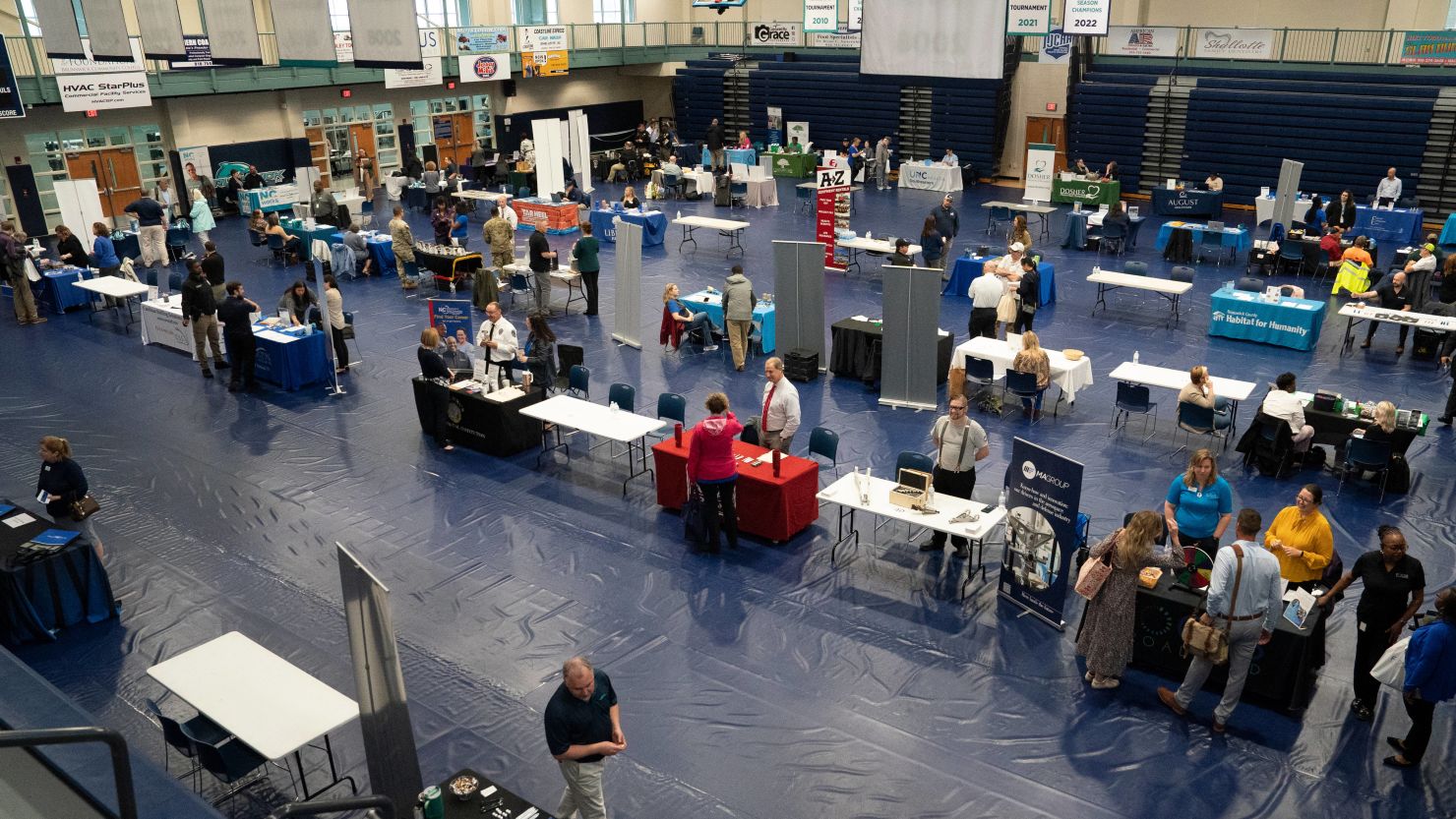Jobs
Over 60% of U.S. workers are satisfied with jobs amid middle class economical hardships – Turkiye Newspaper

Recent poll results from the Conference Board and the National True Cost of Living Coalition provide an understanding of the complex terrain of job satisfaction among American workers. Although the Conference Board’s results show a high general job satisfaction rate of 62.7%, the National True Cost of Living Coalition’s poll presents a different picture, showing that almost two-thirds of middle-class Americans experience financial difficulty and view few possibilities for financial security.
This seeming discrepancy in statistics emphasizes how complicated the elements impacting work happiness are. The Conference Board’s poll shows reductions in several job-related areas, suggesting underlying issues among employees even with the general satisfaction level. Furthermore highlighting continuous difficulties in employment are differences between men’s and women’s degrees of happiness, especially with relation to financial benefits.
For workers, economic measures provide a mixed reality. Rising living expenses, particularly housing, and inflation add to financial difficulty for many even as unemployment is low and pay increases have exceeded inflation. This conflict between personal experience and economic statistics captures the complex nature of work happiness.
Workers’ changing priorities complicate the terrain even more. Although job happiness has always been mostly related to financial benefits, there is an obvious trend toward giving corporate culture and work-life balance a top priority. Workers like Mike Huynh, whose happiness is more shaped by company culture than financial reward, epitomize this change.
As employees value flexibility and autonomy in their positions, hybrid and remote work models become clearly important trends. People like Amelia Castilla show a predisposition for remote work setups, mostly based on their ability to manage personal obligations with their jobs.
Source: Newsroom







:max_bytes(150000):strip_icc()/roundup-writereditor-loved-deals-tout-f5de51f85de145b2b1eb99cdb7b6cb84.jpg)


